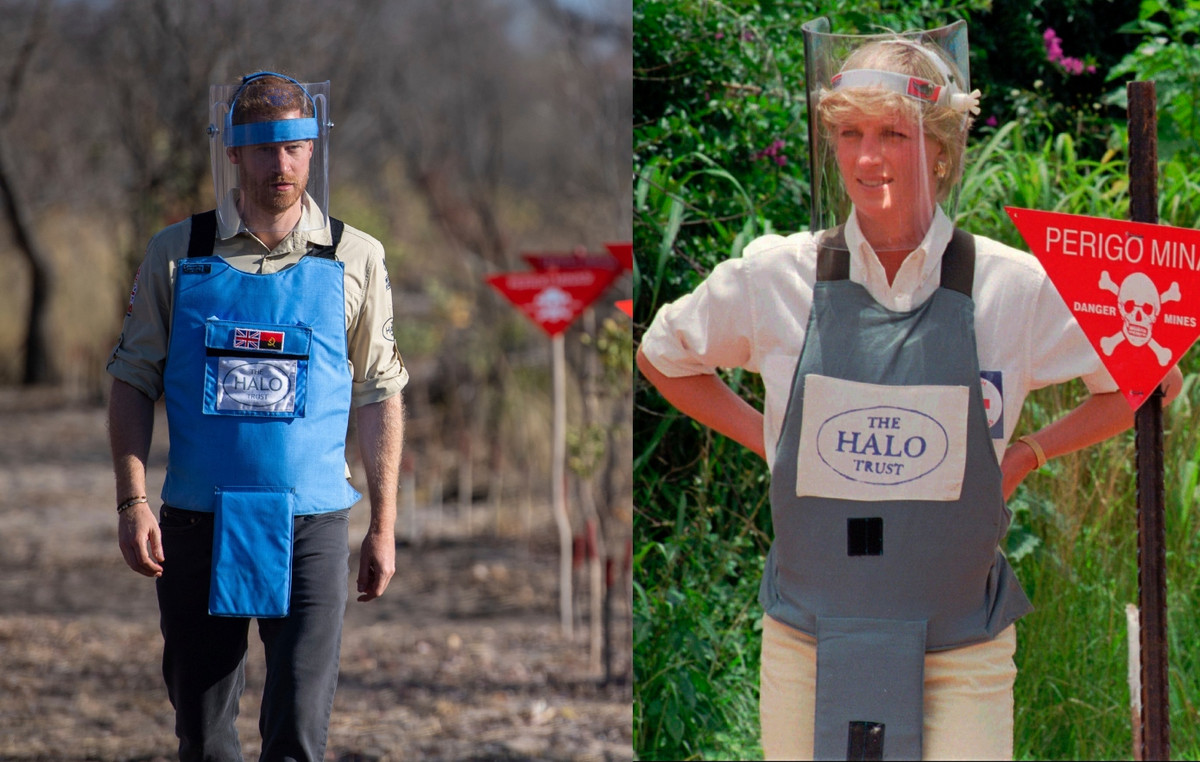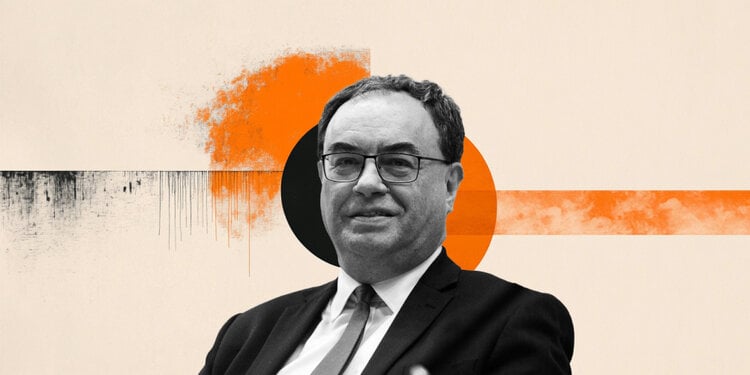A new mapping revealed that there are 403 initiatives aimed at social innovation in longevity in Brazil, organized into 30 action fronts distributed across all regions of the country. The study was carried out by Lab Nova Logenvidade in collaboration with the Ashoka organization, Instituto Beja and Itaú Viver Mais, and was released on Sunday (29), at the opening of the Longevidade Expo+Fórum event, in São Paulo.
The research evaluated Government initiatives, private initiatives, civil society organizations, academia, startups and content and media producers, providing an x-ray of the efforts of different sectors of society mobilized around the challenges and opportunities of aging.
According to the 2022 Census, 10.9% of the Brazilian population is 65 years old or over, representing significant growth compared to recent decades. In 1980, this age group represented just 4%. Regarding the Aging Index, it was 55.2 in 2022, indicating that there are 55.2 people aged 65 or over for every 100 children aged 0 to 14.
These numbers point to an accelerated population aging that, combined with the technological revolution, is redefining how older people access services, interact with their communities and contribute to society.
“Talking about longevity is considering the future. Brazil is experiencing a scenario of progressive aging of the population and, more than just addressing the issue in a specific way, we want to carry out permanent work that helps the country to build public policies to value people 50+ through the coordination of relevant conversations with authorities public institutions, researchers, academics, professionals and other agents who can influence this chain, in addition to the elderly themselves”, says Luciana Nicola, director of Institutional Relations and Sustainability at Itaú Unibanco.
Main mapping findings
According to the study, the highest concentration of mapped initiatives was in the Southeast region (62%), followed by the Northeast (19%), South (11%), Central-West (5%) and North (3%). The highest concentration of respondents was in São Paulo (42.2%), Rio de Janeiro (10.2%), Minas Gerais (9.7%), Pernambuco (7.2%), Rio Grande do Sul (5. 2%) and Bahia (5.0%).
In addition to the Federal District, 24 of the 26 Brazilian states participated in the mapping with at least one initiative. The exceptions were the State of Acre and Rondônia, in the North Region.
Among the initiatives mapped, 98.5% believe they have a social impact and 62.3% have been operating for 5 years or more. Of the total, 48.1% impacted more than a thousand people. Among the themes that the initiatives consider to contribute are “healthy aging” (82%), “new narratives for longevity” (70%) and “diversity and inclusion” (66%), considered the most relevant, while “financial education ” (24%), “professional qualification” (21%) and “media education” (17%) were the least relevant.
The research also highlights persistent challenges, arising from the high rate of illiteracy (15.4%) and low internet use (51%) among the population aged 60 and over in Brazil.
“The mapping carried out in the first year of Lab Nova Longevidade places us in front of dynamic and living ecosystems, which are part of an infrastructure capable of promoting change through social innovations. It was the attentive and sensitive listening, throughout this process, that resulted in such a powerful mapping”, says Cristiane Sultani, president of Instituto Beja.
“Faced with the rapid aging of the population in Brazil, it is essential that there is agility to take advantage of this unique opportunity to use knowledge, technology and, above all, human capital, to catalyze transformations towards the ‘new longevity’. Philanthropy, in this context, takes a strategic vision for the use of catalytic capital and it is with great joy that the Beja Institute has been participating in this revolution. Let’s build a new narrative together”, he adds.
In addition to the data, the mapping report also provides an analysis of barriers and lessons shared by the mapped initiatives. According to the document, education was identified by the ecosystem as one of the main barriers to a participatory and equitable society for all ages. Another point analyzed was the impact of ageism — or prejudice against age — on various cultural, institutional and interpersonal manifestations.
According to the report, the impact of ageism on the economy is related to the exclusion of older people from the job market. In politics, prejudice against age was cited as a reason for citizens and representatives to stay away from the aging agenda, as they would avoid identifying with the issue. Self-ageism was also identified as limiting learning and participation.
Mapping used AI specialist in social innovation in longevity
The mapping data was analyzed with the help of the “New Longevity Brain”, an artificial intelligence (AI) specialized in social innovation for longevity, trained by Ashoka’s New Longevity team. The technology uses digital infrastructure and exponential technologies to expand collective wisdom to the services of social innovators working in the field of longevity in Brazil and around the world.
“Social innovators have the challenge of listening to the demands of the communities where they operate, without losing sight of the fact that they are connected and influenced by an ecosystem with different actors. Understanding this ecosystem is fundamental to developing more effective solutions and collaborations that can achieve a broader impact”, analyzes Maria Clara Pinheiro, global leader of New Global Longevity at Ashoka.
The “New Longevity Brain” brings together expert and trusted information to assist social innovators in deeply and comprehensively understanding their communities and the broader ecosystem. This means that AI is capable of transforming the knowledge accumulated in the field of longevity into collective wisdom for ecosystem services with a commitment to acting on systemic problems and scaling the impact of innovations that respond to the challenges and opportunities of aging.
“In addition, Apurva has a tool for listening to communities’ demands on WhatsApp and a voice feature, the analysis of which is also carried out based on the knowledge accumulated by the ‘New Longevity Brain’. This is particularly important when we recognize that old ages are heterogeneous”, adds Marília Duque.
In Brazil, Lab Nova Longevidade will carry out listening campaigns in the territories to listen to elderly people regarding topics such as Volunteering and Care, among others.
Nighttime aerobic exercise offers benefits to hypertensive elderly people
This content was originally published in Mapping identifies more than 400 initiatives for longevity in Brazil on the CNN Brasil website.
Source: CNN Brasil
I am an experienced journalist and writer with a career in the news industry. My focus is on covering Top News stories for World Stock Market, where I provide comprehensive analysis and commentary on markets around the world. I have expertise in writing both long-form articles and shorter pieces that deliver timely, relevant updates to readers.







